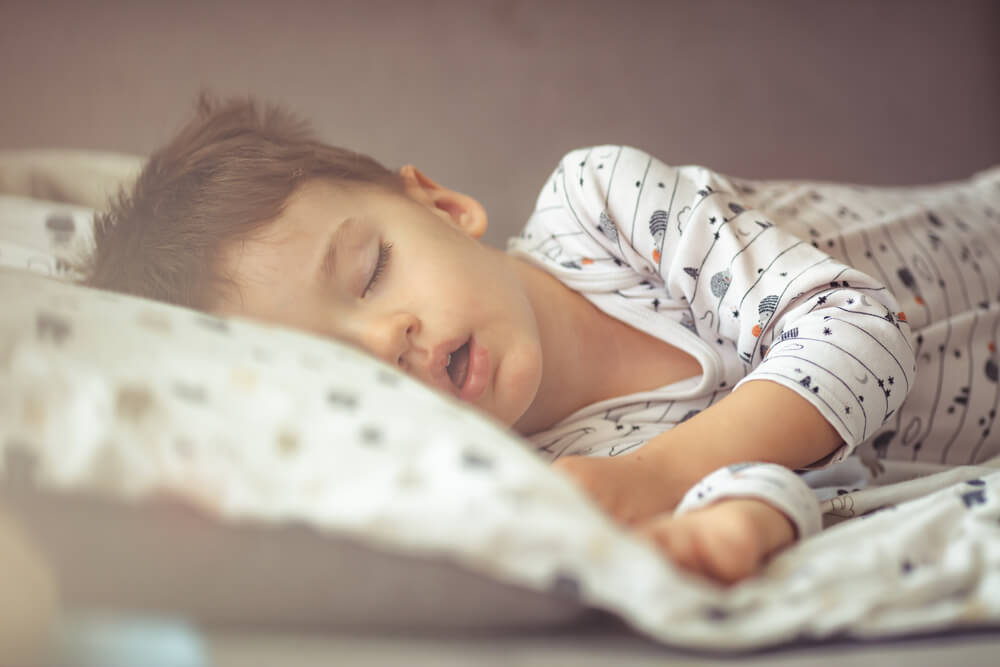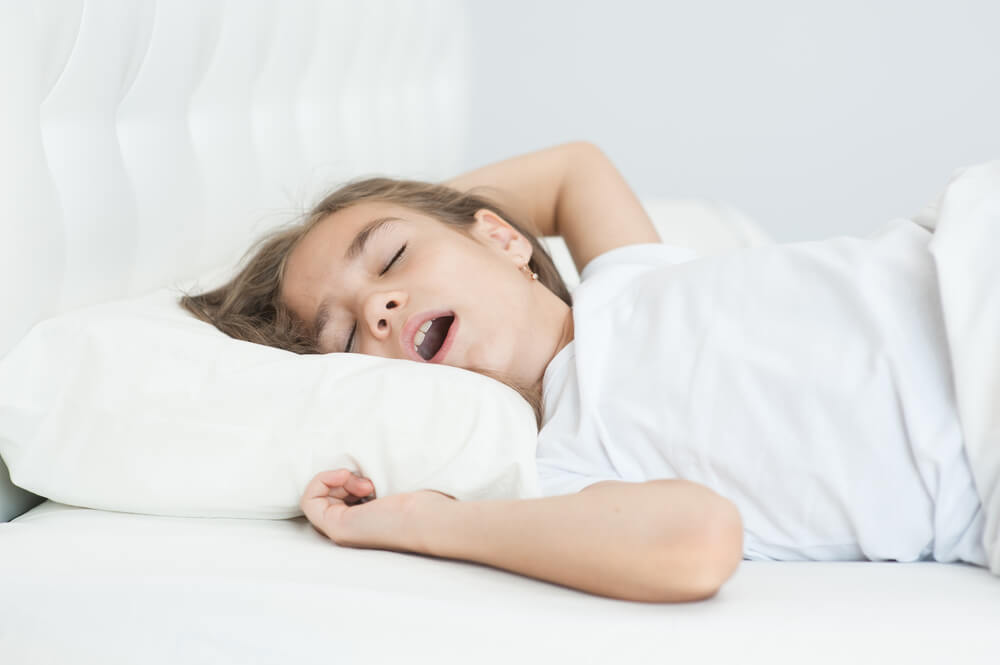Do newborns snore? Is something wrong with my child? If your baby is snoring, you may feel concerned. Usually, baby snoring is not a cause for concern. However, it may signify some underlying conditions that require medical attention in some cases. Just in case, we always recommend newborn screening at a reliable clinic. This way, your bundle of joy will be in expert hands, and you’ll receive the best treatment possible.
This brings us back to the question, do newborns snore? What are some common risk factors to look out for? In this article, you’ll learn everything about baby snoring, including the condition of laryngomalacia and when to worry. Keep on scrolling for the rest.
What Causes Baby Snoring?
Snoring happens when the throat’s soft tissues are relaxed and the airway is covered. When the person inhales and exhales, this soft tissue begins to vibrate, resulting in the sound characteristic of snoring. Statistics show that the ratio of children who snore is 1 in 10, so it is relatively uncommon. The good news is that usually if your baby is snoring, there is no need for more serious medical intervention. However, some common risk factors are associated with snoring in babies and children. These include:
- Asthma
- Allergies
- A deviated septum
- Adenoids or large tonsils
- Throat infection
- Sleep apnea (a condition during which the breathing slows down and stops when sleeping)
Before jumping to conclusions, it’s also important to know the normal newborn breathing rate. Facts show that the rate is approximately 40 to 60 times in a minute. Of course, as the baby is sleeping, the normal newborn breathing rate can slow to 30 and up to 40 times in a minute. Also, the baby’s breathing pattern can differ too, and sometimes you may notice your child breathing fast several times and resting for 10 seconds, after which they continue breathing again. These are all relatively normal newborn breathing patterns. If you have further questions about your child’s development and well-being, consult a specialist like Ana M Hernandez for expert advice.
Sleep Apnea and the Signs

Sleep apnea is defined as a relatively common sleep disorder in which breathing repeatedly stops and begins. In some cases, this condition is severe and even life-threatening. If a person snores loudly and feels tired the next day, they may suffer from sleep apnea. Unfortunately, when it comes to babies and children, they usually can’t tell if they are getting good quality sleep. However, as a parent or guardian, you can look for some of the signs and symptoms that your child may have sleep apnea. Some of the signs include:
- Frequent snoring
- Very loud snoring
- Pausing or gasping while sleeping
- Sleeping with the mouth open
Before you assume your child has sleep apnea, please consult a professional. That being said, you may be asking yourself: how to stop mouth breathing in a child? Besides reaching out to your pediatrician, you can teach your child proper breathing techniques. You can also try to manage thumb sucking and potential allergies.
Laryngomalacia and When to Worry
Laryngomalacia is another common sleep disorder that can affect a newborn. According to facts, laryngomalacia is defined as an abnormality present at birth or in the initial two weeks post-birth. Newborns affected by laryngomalacia have a voice box that collapses when they inhale air. In turn, this results in stridor or “noisy breathing” that can worsen when the newborn sleeps on their back or cries.
Usually, people tend to confuse snoring and laryngomalacia. However, the latter is more severe and the following symptoms typically accompany it:
- Sleep apnea
- Poor weight gain and challenges during feeding
- Inward pulling chest when breathing
- Cyanosis or skin discoloration due to lack of oxygen
Now that you know what laryngomalacia is, when to worry? The good news is that in most cases, around 90% go away without medical help by the time the baby reaches 20 months of age.
Although the cause for this disorder is still a mystery, it’s vital you seek out professional help as soon as you can.
Do newborns snore? Yes, sometimes they do. But it’s imperative you visit a pediatrician for a checkup and proper treatment.
Stuffy Nose in Babies and Snoring
There are several other reasons why your baby might be snoring, and some of these don’t necessarily require medical attention. For example, if your baby has a stuffy nose, you are bound to hear a snoring sound. If you are sure that the cause of snoring is because the baby has a stuffy nose, you can help clear it up with saline drops. As the child grows and develops, the nostril size will grow too. Typically, the snoring problems will go away with age.
Also, if your baby has a stuffy nose, you can use a suction bulb or a nasal aspirator for infants.
Top 3 Signs of a Healthy Newborn
Is your baby healthy? What are some signs that your newborn doesn’t suffer from sleep apnea or other conditions? Here are the three key signs you have a healthy baby. Your baby is healthy if:
- They calm at the sound of your voice and your touch
- They are attentive and quiet at least a few times per day
- They make eye contact and smile at you
All three signs point to a baby that is learning, that is being social, and their brain is developing. Of course, babies are usually fussy, they cry a lot, and they can wake up and fall asleep at random times during the day.
Sleep Testing and Different Screenings

As we’ve mentioned many times before, you will want to take your child to a professional for sleep testing (or a polysomnogram) and screenings. Some of these screenings include CT scans, MRI tests, PFTs or pulmonary function tests for lunge evaluation, endoscopic exams, and swallowing and voice screenings.
Infant pulmonary function testing or iPFT is especially effective in detecting any underlying conditions and measuring the breathing of toddlers and babies. If you have a fussy child and you are concerned about this procedure, the good news is that the iPFT is done under sedation. In other words, your child will sleep and not notice a thing. Once your child has recovered from the sedation, he or she may return to normal activities.
Book an Appointment with Us Today
Hopefully, this informative article helped educate you on your baby’s sleeping patterns and the importance of regular checkups. If you have any thoughts, concerns, or want to reach out to professionals with years of expertise, schedule an appointment with us now.




